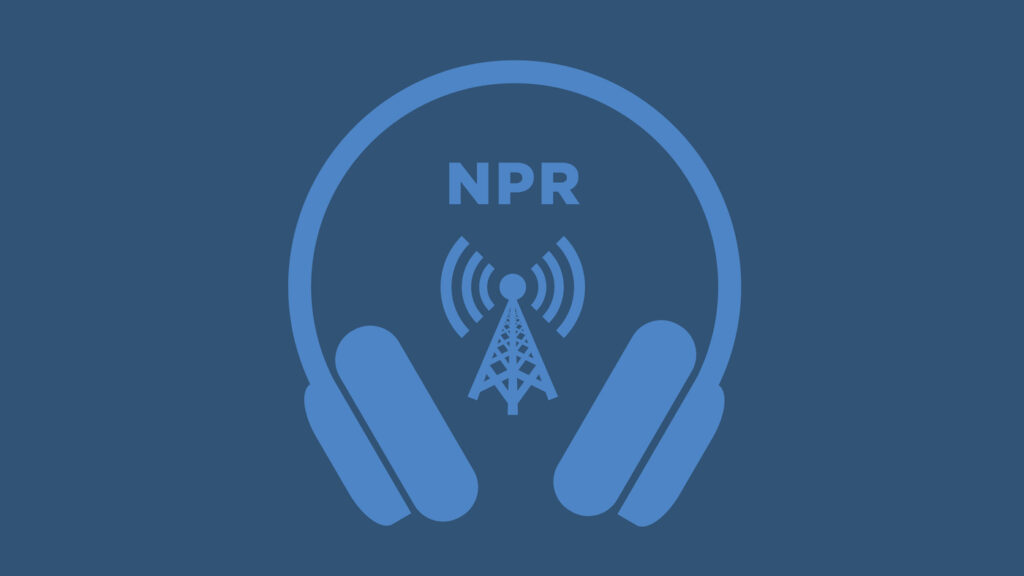NPR’s Scott Detrow talks with Daniel Markey, senior adviser for South Asia at the U.S. Institute of Peace, about Indian Prime Minister Narendra Modi ) during his diplomatic tour of Europe.
Host Scott Detrow:
Indian Prime Minister Narendra Modi hugged Russian President Vladimir Putin – literally. The two embraced in front of cameras during a two-day conference visit that touched on topics such as defense and economic relations. But perhaps more important than what was discussed was the context in which the visit took place. Just hours before Modi landed, Russian rockets struck cities across Ukraine, killing at least 36 people. The talks come as Putin seeks to show that despite tough sanctions, Russia is not alone on the world stage. For more information, we’ve called Daniel Markey. He is senior adviser for South Asia at the United States Institute of Peace. Welcome to All Things Considered.
Daniel Markey: Thank you, it’s great to be with you.
DETROW: What did you think of the visit?
Markey: Well, the timing is not good, certainly from a Washington perspective. You know, I’m sitting in Washington, D.C., and we’re having a NATO summit. Indian Prime Minister Narendra Modi is viewed by Washington as an increasingly close friend and, as you said, he embraced Vladimir Putin in Moscow – to the extent that he supports Russia’s The position that Russia is not as isolated as Washington, or so its Western allies would like to believe, is problematic.
DETROW: President Biden, as you said, all the NATO leaders he’s meeting with in Washington this week have laid out a large part of their Ukraine war strategy to isolate Russia and say that Russia is a very important player on the world stage. Isolated. Does this visit indicate that the strategy isn’t working?
Markey: Well, India has always been a problem. From the beginning, India has made it very clear that they intend to be opportunistic in buying oil from Russia, and of course, they are not letting it go. As the Indian government has been painstakingly explaining to Washington for several years, you know, India needs oil, India can’t afford higher oil prices, India’s economy needs to grow, and Russia is willing to sell at a reduced price – price. Therefore, Washington must face this reality from the beginning. I think, though, it’s more symbolic in terms of its timing and will still cause some level of shock in Washington. It really creates a ripple in the scene here because, you know, seeing Modi do that now looks even worse.
DETROW: What’s the best way to describe how Modi and other Indian leaders are handling the war in Ukraine?
MARKEY: They’re not looking at this through the same lens as the Biden administration would like. This is not a war between right and wrong, democracy versus autocracy, etc. This is a European conflict with a special historical background. It has a lot to do with the rise and growth of Russia, the former Soviet Union, and NATO. India does not see this as its own conflict and wants to make it clear that it prefers to take a more neutral stance and that its relationship with Russia remains very important and that will not change.
DETROW: You mentioned that the United States is increasingly aligned with India in many ways, particularly in confronting China. India is an important part of the United States and to some extent aligns India and other countries with China. Will the fact that Modi defies the United States and paints himself so close to Russia undermine other efforts?
Markey: So far, Washington has basically had to accept this for exactly what you’re suggesting, which is that, you know, India remains important in the narrow context of strategic competition with China or whatever. In this regard, the concerns of the United States and India are not identical, but they are very similar. So, so far, Washington has really had to accept the fact that India can be a partner in one area, if not another, and has been following that assumption. This may continue, but it’s just a tough pill to swallow.
DETROW: I want to end with the first image I mentioned, the embrace between the two of them. Even given all the trends you’ve been talking about in recent years and the relationship between India and Russia, were you surprised to see these two leaders embracing, especially in a week when Russia was brutally attacking cities across Ukraine?
Markey: I think a lot of people in Washington will be surprised. Anyone who follows Modi knows that he likes to embrace world leaders, but the timing was terrible. I do think it reflects the gap between how India sees the world, how Modi sees the world and India’s place in it, and how the United States sees India or wants to see India as an increasingly close partner. So this hug carries a lot of weight.
DETROW: That’s Dan Markey, senior adviser for South Asia at the U.S. Institute of Peace. Thank you so much.
Markey: Thank you.
Copyright © 2024 NPR. all rights reserved. Please visit our Terms of Use and Permissions page at www.npr.org for more information.
NPR transcripts are created by NPR contractors under emergency deadlines. This article may not be in final form and may be updated or revised in the future. Accuracy and availability may vary. The authoritative record of NPR’s programming is the audio transcript.

